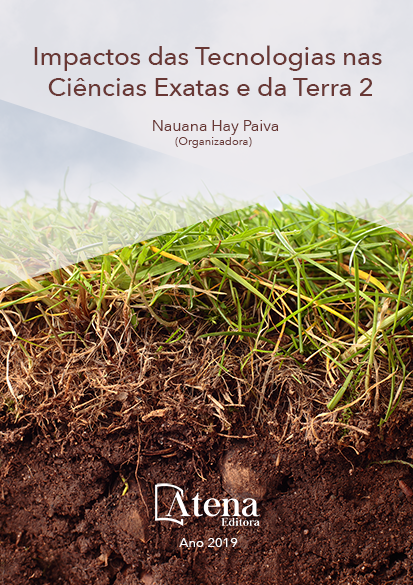
O ALUNO COMO SUJEITO ATIVO NO PROCESSO DE ENSINO-APRENDIZAGEM: OS IMPACTOS DAS METODOLOGIAS ATIVAS EM DIFERENTES MODALIDADES DA EDUCAÇÃO BÁSICA
Atualmente no Brasil, convivemos
com um modelo educacional ultrapassado
e fragmentado, no qual o acesso a uma
educação igualitária é utopia. A preocupação
com relação à educação tem permitido que
fossem criadas novas metodologias com
intuito de transformar os discentes em sujeitos
ativos, buscando trazer mudanças às práticas
com a finalidade de transformar a forma de
transmitir o conhecimento. Nessa perspectiva,
este projeto objetivou ministrar o conteúdo de
ligações químicas em turmas de 9º ano de
algumas escolas de modalidades de ensino
diferentes da região. Para isso, foi feito o uso
da metodologia ativa POGIL e de um jogo
nomeado como baralho das ligações químicas
examinando as particularidades e semelhanças
entre as modalidades estudadas e verificando
a aceitação de uma metodologia diferenciada
por parte dos discentes. O termino do presente
trabalho possibilitou analisar a utilização de
metodologias ativas no processo de ensinoaprendizagem,
que mostrou-se satisfatória, pois
possibilitou o envolvimento dos discentes com
o conteúdo trabalhado, além de discussões em
grupos e com a turma, afastando-se das aulas
tradicionais e com auxílio das ferramentas
ativas de ensino.
O ALUNO COMO SUJEITO ATIVO NO PROCESSO DE ENSINO-APRENDIZAGEM: OS IMPACTOS DAS METODOLOGIAS ATIVAS EM DIFERENTES MODALIDADES DA EDUCAÇÃO BÁSICA
-
DOI: 10.22533/at.ed.5371922011
-
Palavras-chave: POGIL, Jogos Educacionais, Metodologias Diferenciadas, Aluno Ativo.
-
Keywords: POGIL, Educational Games, Differentiated Methodologies, Active Student.
-
Abstract:
Currently in Brazil, we live with an
outdated and fragmented educational model,
in which access to an egalitarian education is
utopia. The concern with education has allowed
the creation of new methodologies with the
intention of transforming the students into active
subjects, seeking to bring changes to practices
with the purpose of transforming the way of
transmitting knowledge. From this perspective,
this project aimed to provide the content of
chemical bonds in 9th grade classes of some
schools of different teaching modalities of the
region. For this, the active methodology POGIL
and a game named as a pack of chemical bonds
were made, examining the particularities and
similarities between the modalities studied and
verifying the acceptance of a differentiated methodology by the students. The conclusion
of the present study made it possible to analyze the use of active methodologies in
the teaching-learning process, which proved to be satisfactory, since it promoted the
students to be involved with the content worked, as well as discussions in groups and
with the class, away from traditional classes and with the aid of active teaching tools.
-
Número de páginas: 12
- Alexsandra da Costa Andrade
- Maria do Socorro Tavares Cavalcante
- Sidney Silva Simplicio


